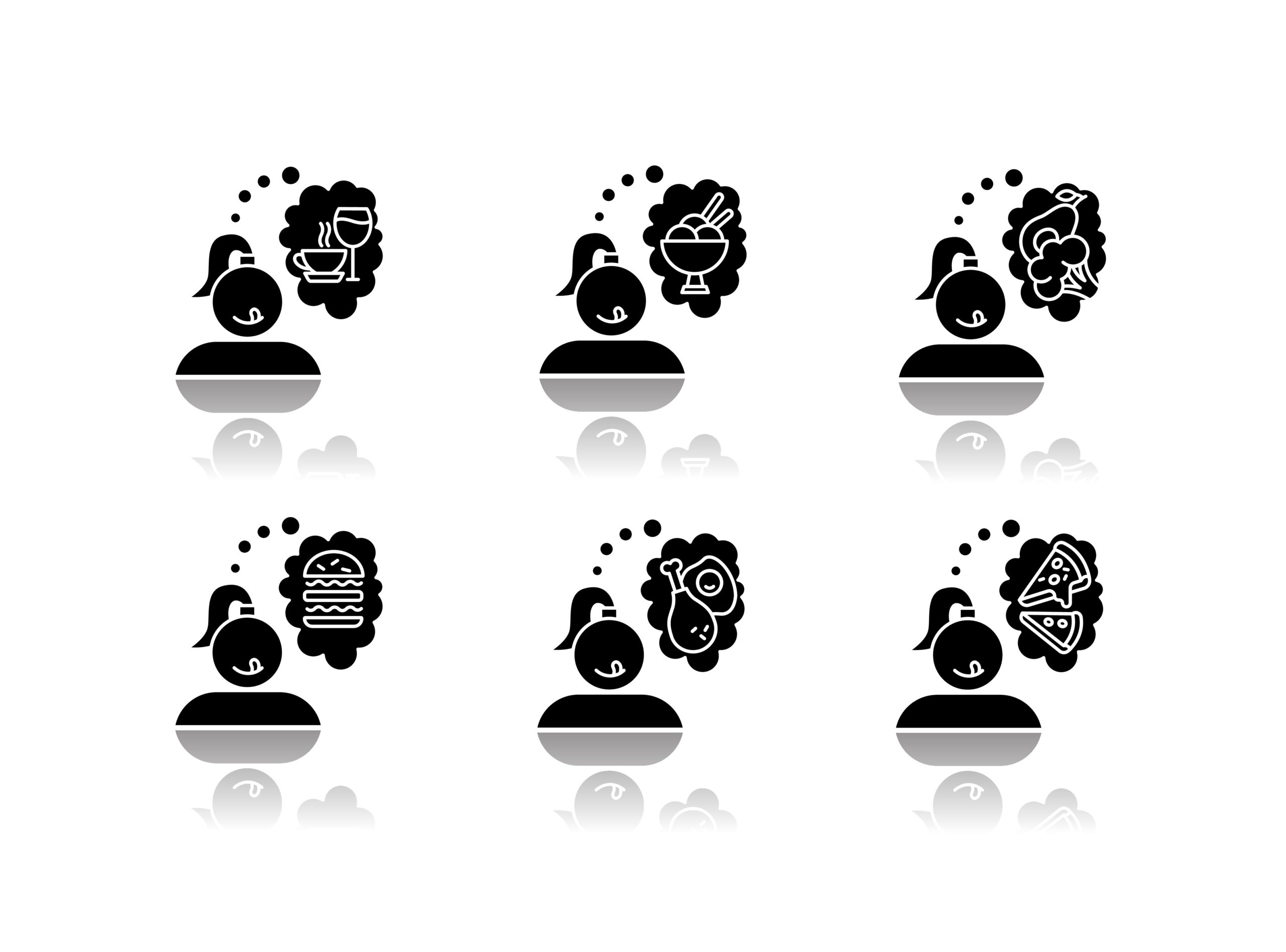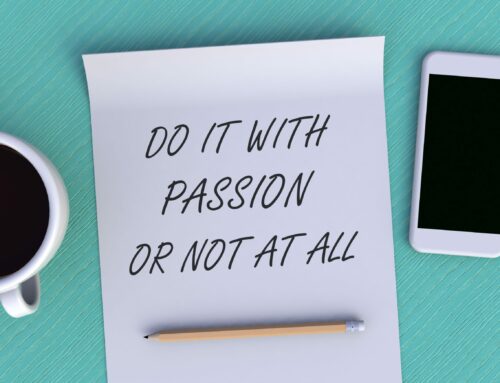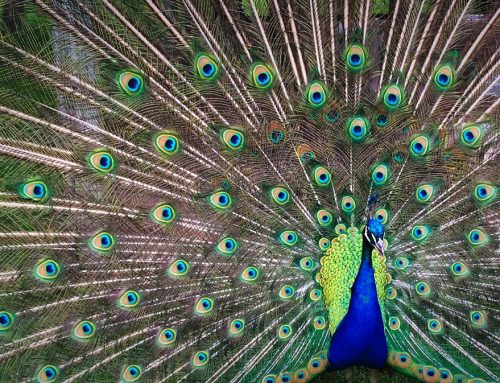FREE WILL?
Recently one of my friends posted on Facebook that they were looking for strategies to help with “alcohol avoidance”. Some people laughed, some offered advice. Naturally, I suggested that Mindfulness would help, but I didn’t really explain how or why so I’m going to attempt to do that here.
CRAVINGS
Without going into the science of addiction, most of us suffer from cravings of some sort. Whether it is that extra biscuit when we are already full, or perhaps reaching for another glass of wine when we really don’t need any more. There is nothing much wrong with anything in moderation, but the problem arises when we want to stop or cut down and feel like we can’t.
AUTO-PILOT
We often succumb to our cravings on automatic pilot. A thought arises about the thing we crave and before we know it, we are giving in to it. Afterwards we berate ourselves. We feel angry or full of regret and yet it felt like it just happened, beyond our control. Sometimes a craving arises and a judgemental voice in our heads tells us we shouldn’t do it; we wrestle with our thoughts for a while and then sooner or later we find ourselves giving in. Perhaps we tell ourselves we deserve it. We are unhappy and so convince ourselves that cake or gin will help. Afterwards we regret it and end up even more unhappy. Does any of this sound familiar?
WHAT CAN WE DO?
How does Mindfulness help with this then? Well to begin with, the first thing we learn when on a Mindfulness course is to become aware of when we are on auto-pilot and when we are present. We learn to notice just how often we are not present with what is actually happening in our moment-to-moment experience. Now of course auto-pilot is no bad thing. I don’t want to have to think about where my mouth is when I eat, or how to use a fork. I did that when I was young and now it is an automatic behaviour. But we have put so many other things into that same automatic place – our emotions, our reactions, and our behaviours. Have you ever met someone who was quick to get angry say “it’s just the way I am”? Well, it feels like that doesn’t it? I was a massive worrier and I still can be if I don’t pay attention to my thoughts and my impulses.
PAY ATTENTION
So, if we can learn to pay attention to what we are doing, thinking and feeling in the present moment we can notice the pull towards acting on impulse. And instead of arguing with our own minds about whether or not to eat that fifth biscuit, we can pay attention to the feeling of the craving, we can notice it and perhaps just allow it to be there without giving into the old pattern of behaviour. It isn’t easy and takes lots of practice. Mindfulness is never a quick fix. But as soon as we really bring present moment awareness to anything we are doing, we are no longer in auto-pilot and most importantly we then have choice over what we do next.



